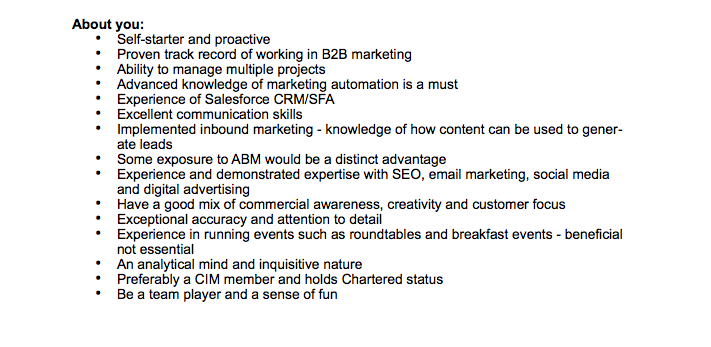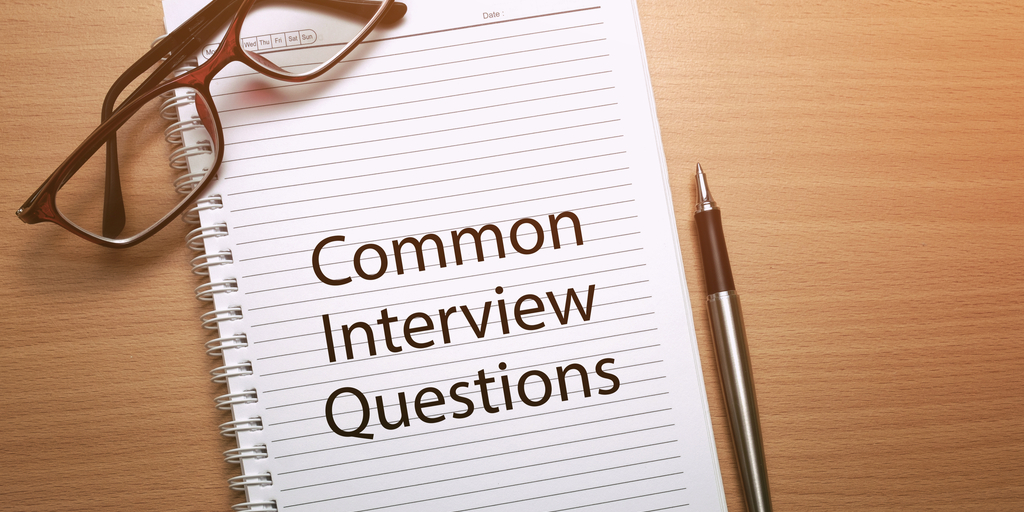
To make sure you’ve adequately prepared for your upcoming interview, this post will walk you through various top tips.
If you follow these steps and make sure you practice your answers, you’ll put yourself in the very best position and get the job you want.
Because the reality is, knowing how to nail a job interview is an important skill.
And for most of us, it’s a skill that needs practising.
In the same way that you’d practise for an important presentation at work.
So let’s get into it…
Without wishing to state the obvious, the first port of call will be a company’s website.
Because you want to get a handle of what their value proposition is, what problems they solve, and what type of clients they have.
Reading case studies on a website is a great way to understand more of the details.
Doing so will help you answer this typical interview question – ‘how much do you know about what we do?’
Moreover, it will also help you start to think about some of the challenges that someone might face in this role and then some of the solutions you might suggest.

For example;
If they sell enterprise software to Tier 1 banks, then it’s sensible to assume that sales values are high, sales cycles are long, and there aren’t many clients in the market.
That information will help you think about the tactics that would work and some that probably won’t.
Doing that research will give you a solid understanding of the business.
But, to go above and beyond what most people do, there are a few simple steps to find out even more information.
The great thing about a job description is that it has all the questions.
It’s a bit like sitting an exam after seeing the questions the day before.
It allows you to do some homework.
Because at some point, a company will want to ask some competency-based questions to see if you have the experience or knowledge to do the job.
In a job description, you’ll see everything that you need to prepare for written at the bottom.

How to answer competency-based interview questions.
So, for each point in the job description, prepare an answer using our framework and start practising the answers, so they roll off the tongue.
There are two types of questions to ask – and both are just as important.
The first type of question is one that focuses on the company’s needs. And this is the most important type of question to ask at a first interview.
Because it’s a way to steer the conversation onto a topic to demonstrate why you’re the best person for the job.
As an example:
You; ‘What sort of marketing challenges are you currently facing?’
Company; ‘Our CPA costs are too high, and our churn rate isn’t helping.’
You; ‘Ok, that’s interesting, because when I worked for Slack we had some similar challenges and what I did was to…’

So, when you read the job description, read it with the eyes of a marketing consultant.
Imagine it’s a brief someone’s handed you for a project they have.
Drill in and find out more about what they mean, where they’re at on that journey and the key areas that need fixing.
They could look like this;
‘Out of all the activities here, what’s the focus?’
‘What needs fixing?’
‘How are you currently generating leads, and how would you like to see that improved?’
‘What tools do you use to help create good content?’
So get together a list of 10 or so questions like this and take them with you.
The second type of questions are ‘me’ questions.
Basically, why should I join your business?
BUT. Don’t ask these types of questions at a first interview.
If they come up, then great. But don’t ask them because your sole focus should be on demonstrating to them that you’re the right person for the job.
Here are some videos to help you answer the common questions that interviewers can ask.

An interview can be very similar to an audition. So you need to show you mean business.
And to show you mean business make sure you do the following;
That may sound like a lot to take in it at once but you’re now well on your way to nailing your next interview. It’s so important to put everything into your marketing job search.
Because finding a new and exciting marketing job is always worth the effort.
And lastly, Good Luck!
Subscribe to our fortnightly newsletter to hear about our latest podcasts, blogs, career advice & jobs.